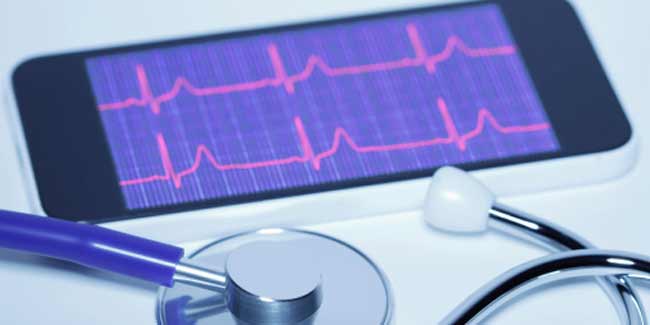
What is an Electrocardiogram?
An electrocardiogram is used to examine and monitor the heart. The heart beats are triggered by an electrical impulse which is usually generated from special cells in the upper right chamber of the heart. An electrocardiogram may be used by the doctor to check patterns among these heartbeats and rhythm to diagnose various heart conditions.
Table of Content:-

Why is it Done?
An electrocardiogram is a painless method to diagnose many common types of heart problems. It may be used the doctor to detect:
- Irregularities in the heart rhythm
- Defects in the heart
- Problem in heart’s valves
- Blocked or narrowed arteries in the heart (coronary heart disease_
- A heart attack
- A previous heart attack

How to Prepare for an Electrocardiogram
No special preparations are needed for before an electrocardiogram. But, you must avoid drinking cold water or exercising immediately before an electrocardiogram. Cold water can produce misleading results in one of the electrical patterns during the test. Physical activity like climbing stairs, may increase the heart rate.
Other Names for Electrocardiogram
An electrocardiogram is also called an EKG or ECG. At times the test is called a 12-lead EKG because the heart’s electrical activity most often is recorded from 12 different places on the body at the same time.
Read Next
Other Names for Electrocardiogram
How we keep this article up to date:
We work with experts and keep a close eye on the latest in health and wellness. Whenever there is a new research or helpful information, we update our articles with accurate and useful advice.
Current Version